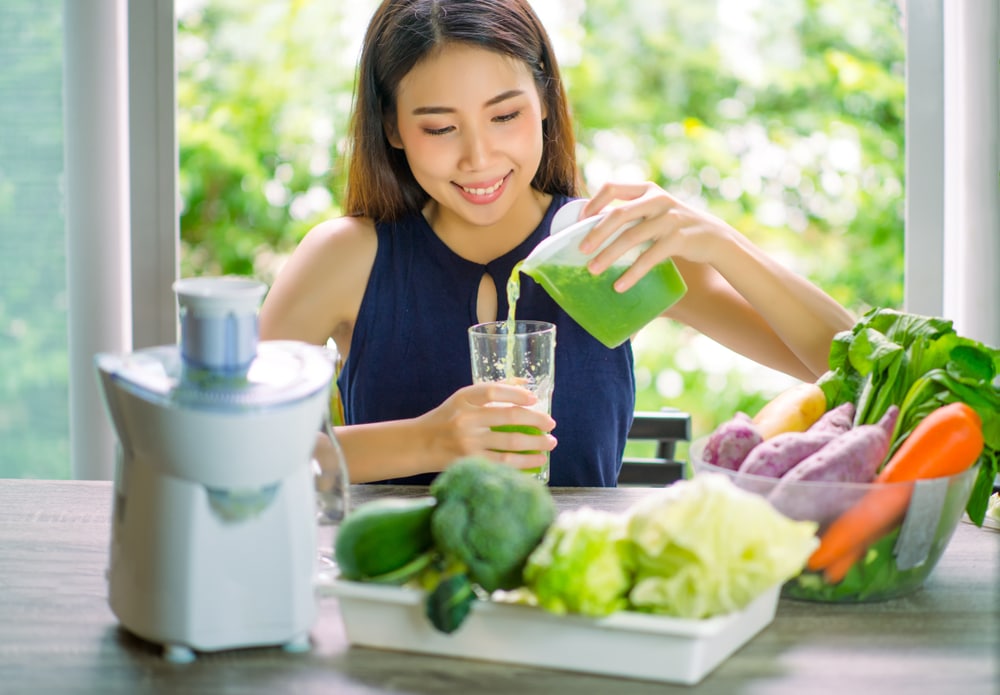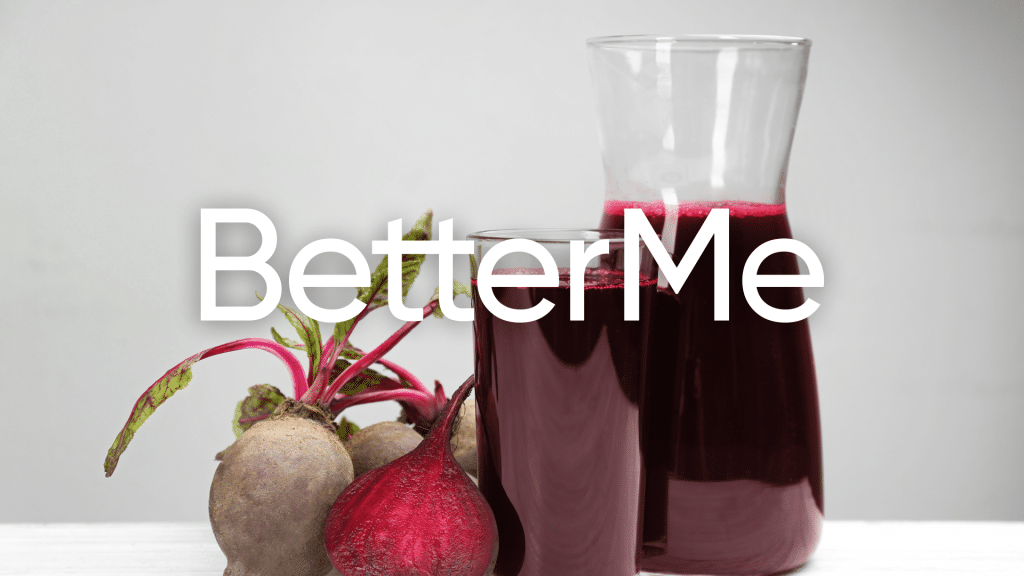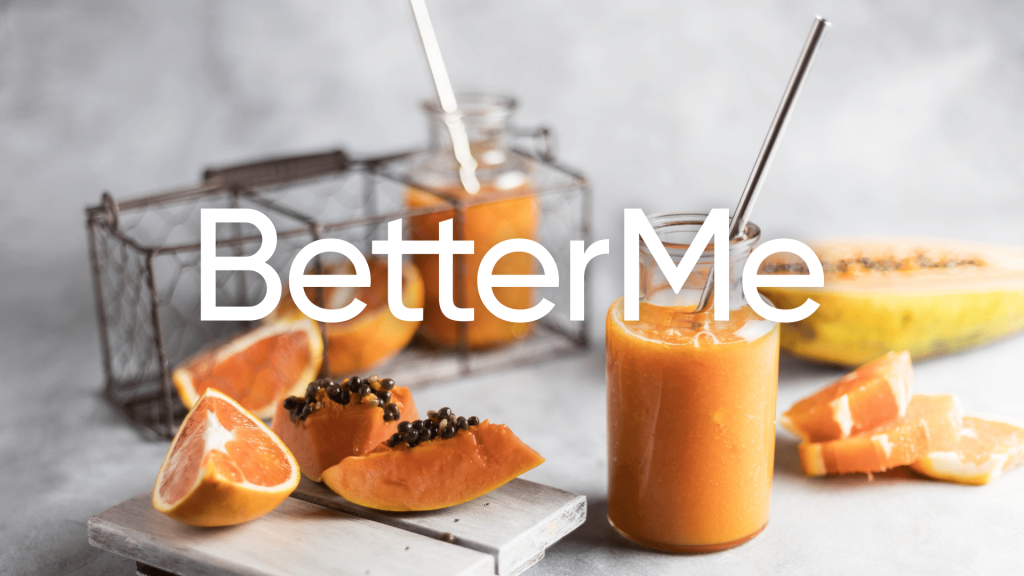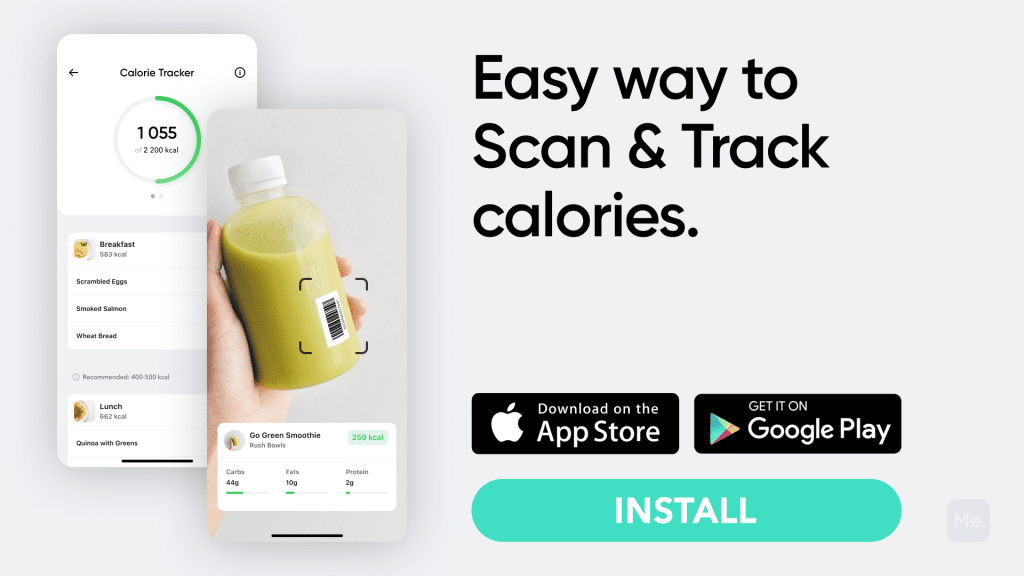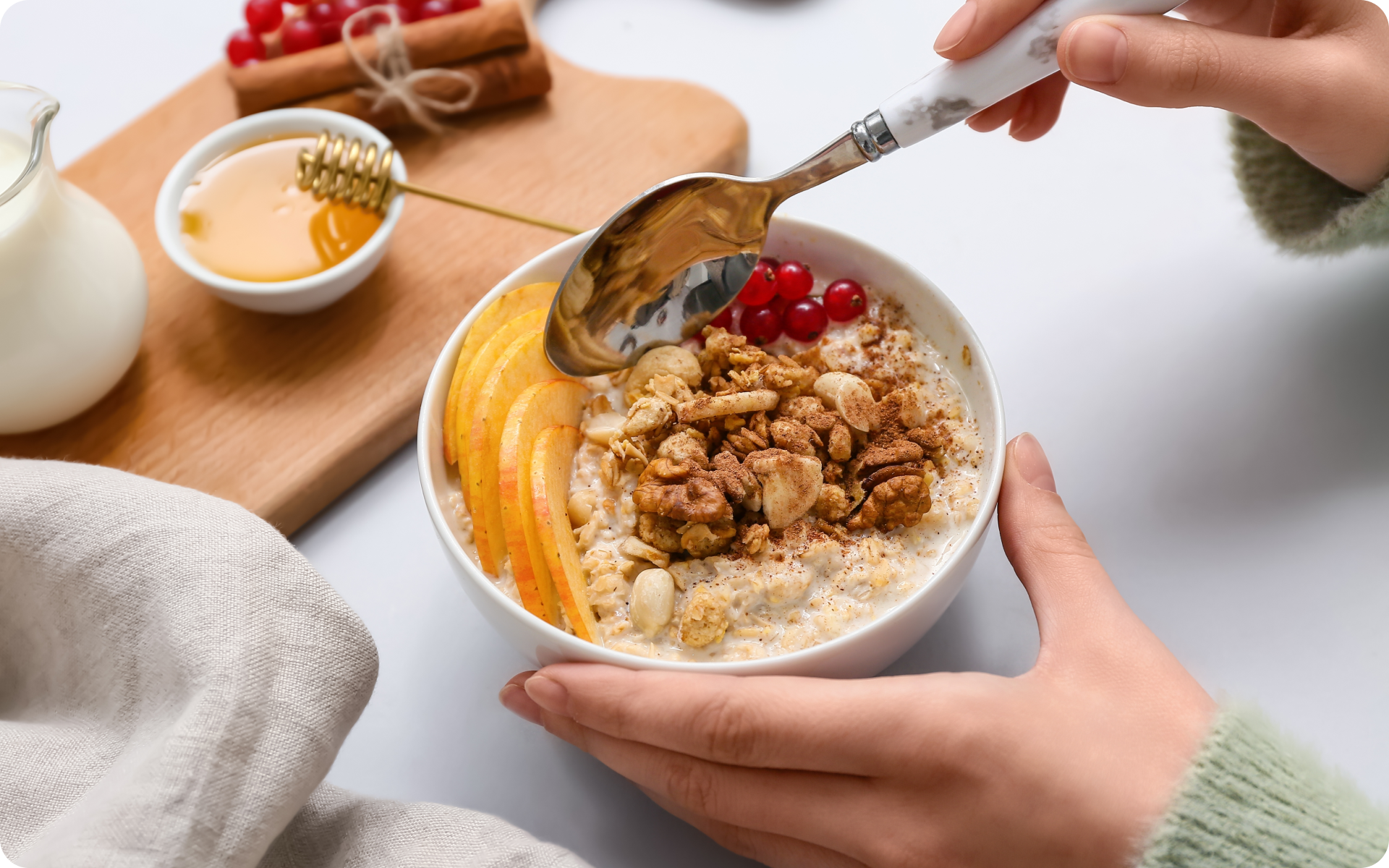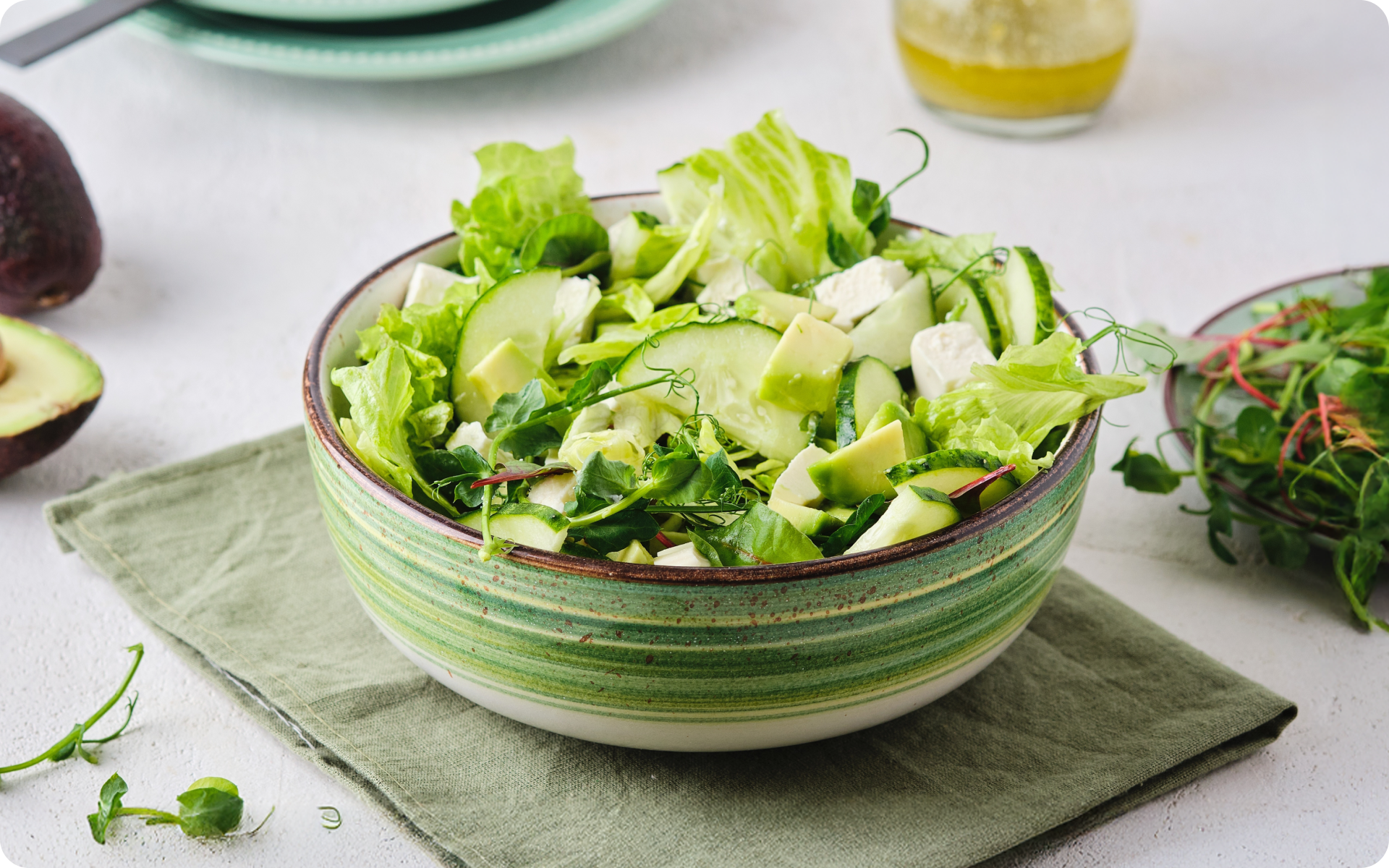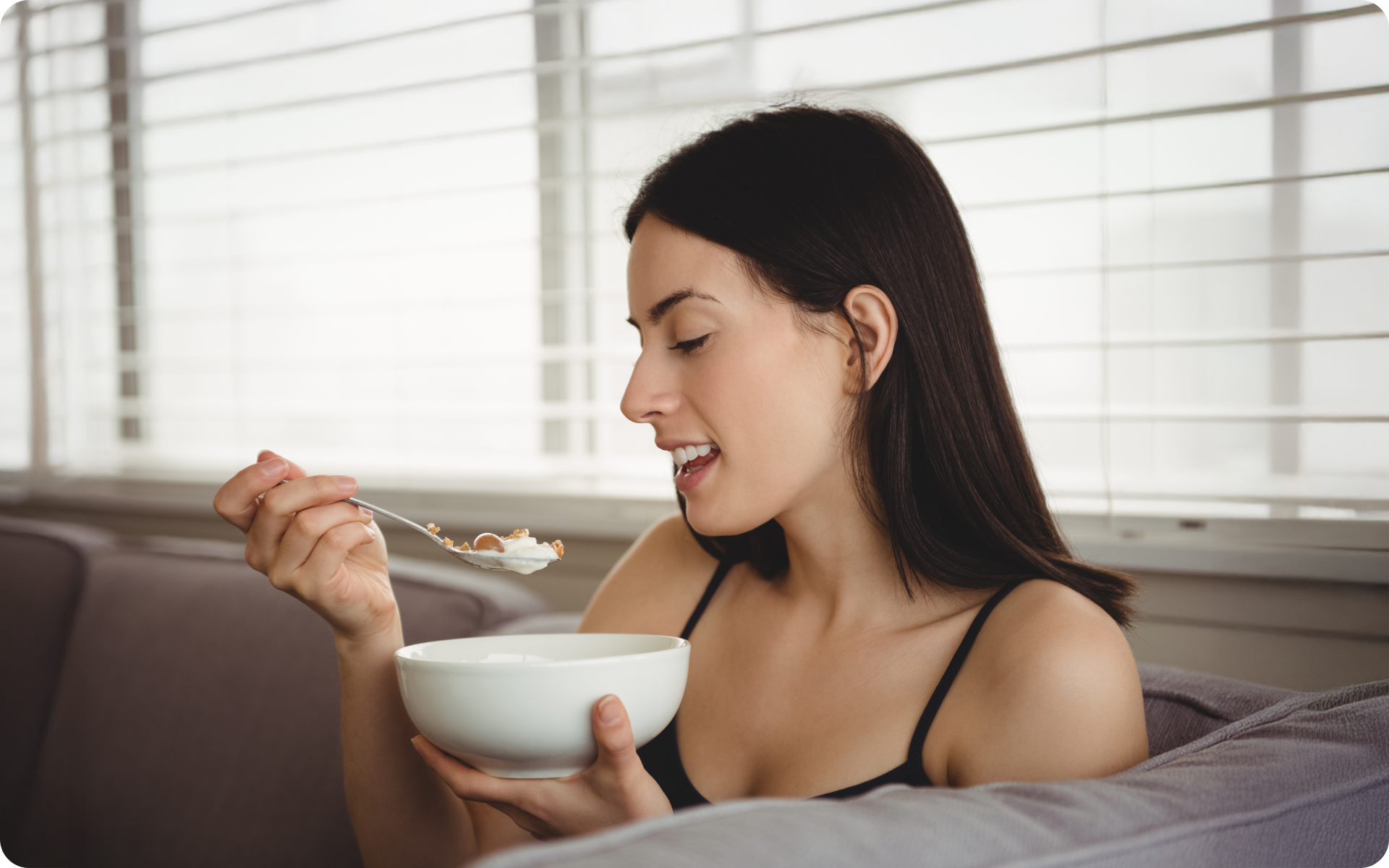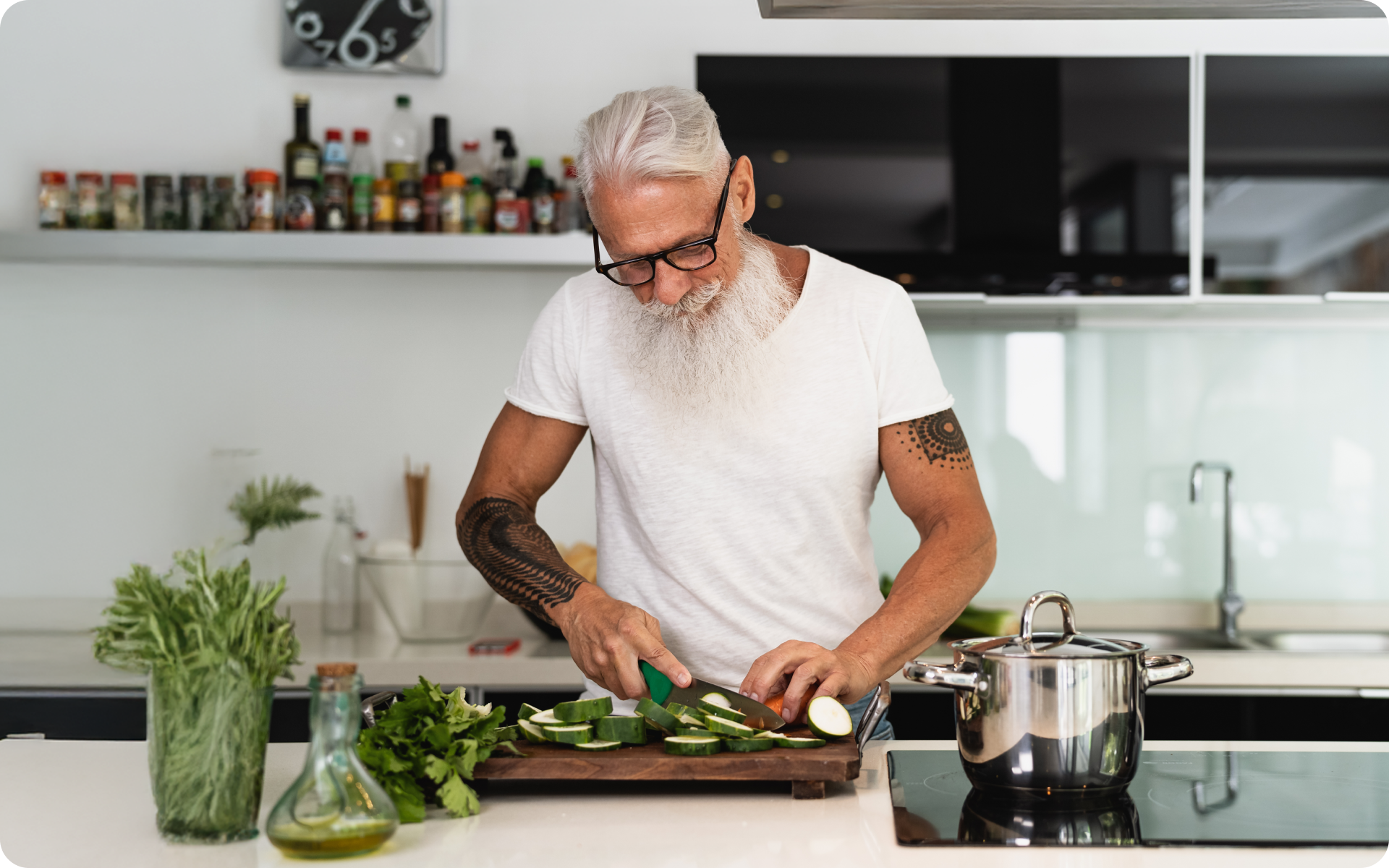Diet culture would have you believe that the best way to detox your body and achieve optimum health is by doing a juice cleanse. The idea behind this is that by consuming only fruit and vegetable juices for some time you can rid your body of toxins, jumpstart weight loss, and improve your overall health. The truth is, your body can cleanse itself just fine without the help of juice. There are some potential risks associated with juice cleanses that you should be aware of before you decide to do one.
How Does A Juice Cleanse Work?
A juice cleanse is when you consume only fruit and vegetable juices for a set period, typically one to three days (13). Some people do longer cleanses, but most experts say that anything beyond three days is unnecessary and could be harmful.
During a juice cleanse, you’re not supposed to eat any solid foods. This means no snacking, no chewing, and no solid meals. Some people do allow themselves to have a light soup or broth during a cleanse, but many stick to just juices.
Most people do juice cleanses at home using a juicer, blender, or some other type of food processor. There are also pre-made juice cleanses available for purchase, though these can be expensive.
During a typical cleanse, you’ll follow a 7-day plan that looks something like this:
Day 1
This is the preparation phase. It’s meant to prevent headaches, cravings, and other carb crash symptoms you might experience during the cleanse.
You’ll gradually eliminate
- Coffee
- Refined sugar
- Alcohol
- Red meat
- Processed foods
Day 2
Still, in the preparation phase, continue eliminating the listed foods. Gradually increase your water intake. Also, eat more fruits and vegetables.
Day 3
Consume minimal amounts of listed foods, while further increasing water and produce intake.
Day 4-5
This is the juice cleanse itself. You’ll consume nothing but fresh fruit and vegetable juices. Drink 8 ounces of:
- Green vegetable juice: kale, spinach, parsley, cucumber, celery
- Smoothie with almonds and berries: if hunger pangs become too intense
- Red vegetable juice: beet, carrot, ginger
- Vegetable broth: boil vegetables and herbs to make a light soup.
You may also eat a small salad without any dressing, and small portions of carrot and celery if hunger pangs become too intense.
Day 6
This is the re-introduction phase. You’ll start slowly incorporating solid foods back into your diet. Begin with fruits, then move on to steamed vegetables, grilled chicken, and brown rice.
Read More: Best Juices For Weight Loss: An Ultimate Guide
What Are The Benefits Of A Juice Cleanse?
There are a few different reasons why people might choose to do a juice cleanse. If you’re wondering “what does a juice cleanse do to your body?” Here’s what you need to know
Weight Loss
The main reason people go on a juice cleanse is for weight loss. And there is some evidence to suggest that increasing your fruit and vegetable intake can be effective for this purpose.
The American diet is very high in calories, much of which comes from processed foods and added sugars (18). Juicing can help temporarily reduce your calorie intake while still providing some important nutrients your body needs (11).
Not only are fruits and vegetables lower in calories than most processed foods, but they also contain fiber. This helps you feel full longer and can reduce your overall calorie intake (4). However, much of the fiber gets removed during the juicing process.
One study looked at the effects of a 3-day juice cleanse on weight loss and found that participants lost weight throughout the cleanse (13). This is likely because consuming only juices for 3 days dramatically reduces your calorie intake during that time.
The results may be temporary, and you’ll likely gain the weight back as soon as you start eating solid foods again.
If you’re interested in long-term weight loss, juicing may be a place to start. That said, it’s not a sustainable weight loss strategy on its own and should be followed by long-term healthy lifestyle changes, such as eating a nutritious diet and exercising regularly.
Detoxification
Another popular reason for juice cleansing is to detoxify the body.
The theory is that by eliminating solid foods and consuming only liquids, you can help your body get rid of toxins and impurities (3).
There’s no scientific evidence to support these claims, but some people do feel lighter and more energized after a juice cleanse.
In reality, your body has an efficient system for detoxing itself. The liver, kidneys, and lungs work together to eliminate toxins from the body.
That being said, following a healthy diet is always a good idea. Fruits and vegetables are an important part of a nutritious diet and can help keep all your toxin-eliminating systems running smoothly.
Reset Eating Habits
As mentioned earlier, the American diet is very high in calories and low in nutrients. This can lead to weight gain and a host of other health problems (18).
A juice cleanse can help “reset” your eating habits by forcing you to eliminate unhealthy foods and focus on healthy ones. After a few days of juicing you may find that you’re less interested in unhealthy foods and more interested in eating a nutritious diet.
Juicing doesn’t always have this effect though. The idea that 3 days is enough to change life-long, ingrained eating habits is far-fetched. If you’re looking to make lasting changes to your diet, it’s best to do it gradually and consult a registered dietitian or nutritionist for guidance.
Improve Metabolic Markers
Metabolic markers are blood tests that can be used to assess your risk of developing obesity, heart disease, and type 2 diabetes (16).
Several studies have shown that drinking juices may help improve metabolic markers, at least in the short term (7).
Here’s the theory: when you consume a lot of sugar and unhealthy fats, over time your body starts to become resistant to insulin. This can lead to inflammation, high blood sugar, and other metabolic problems (17).
A juice cleanse might help “reset” your metabolism by eliminating added sugar and unhealthy fats from your diet. This could lead to improved insulin sensitivity and reduced inflammation, but only if you transition to a healthy diet that limits added sugars and unhealthy fats once the juice cleanse is over.
Looking for a way to break the vicious cycle of weight loss and tone up all the jiggly parts? Watch the extra pounds fly off and your muscles firm up with the BetterMe app!
Improve Energy Levels
Energy zapping foods like processed carbs, added sugar, and caffeine can leave you feeling sluggish after an initial rush.
A juice cleanse might help improve your energy levels by eliminating these foods from your diet and replacing them with nutrient-rich fruits and vegetables.
However, the low amount of calories you are taking in while juicing may not provide the energy you need for daily activities and exercise. It is important not to restrict calories so severely for an extended period of time.
The Risks Of A Juice Cleanse
Now that we’ve looked at the potential benefits of a juice cleanse, let’s take a look at the risks.
Not Getting Enough Calories
All nutrients, including carbs, are essential to the human body. When you drastically reduce your calorie intake, your body is forced to find energy from other sources (20).
This can lead to fatigue, lightheadedness, and irritability. If you’re not careful, it can also lead to malnutrition.
How many days should you do a juice cleanse? 3 days is the maximum recommended time, any longer and you put yourself at risk for health problems.
Not Getting Enough Protein
Protein is essential for rebuilding muscle tissue, producing enzymes, and many other vital functions. When you don’t consume enough protein, your body is forced to break down muscle tissue to find the amino acids it needs (5).
This can lead to muscle loss, weakness, and fatigue. If you’re doing a juice cleanse to lose weight, muscle loss is the last thing you want.
Blood Sugar Spikes
When you juice, you’re removing the fiber from fruits and vegetables. This fiber is essential for keeping you feeling full and helping your body absorb nutrients slowly.
Without fiber, your body is more likely to experience spikes and crashes in blood sugar levels (2). These spikes can lead to cravings and overeating.
Overeating can offset any weight loss you may have achieved while juicing and can even lead to weight gain (6).
Laxative Effect
Juicing extracts the water and sugars from fruits and vegetables. This combination can have a laxative effect (22).
If you’re looking to cleanse your colon, there are safer and more effective ways to do it than juicing.
Risk Of Foodborne Illness
If you’re juicing your fruits and vegetables, there’s a risk of foodborne illness if you don’t wash them properly.
There’s also a risk of foodborne illness if you buy juice from a place that doesn’t practice proper food safety.
To reduce your risk, only buy juice from reputable companies and wash your fruits and vegetables thoroughly before juicing them.
May Offset Eating Disorders
If you have an eating disorder, juicing can be a trigger. Juicing, like other restrictive diets, can lead to an unhealthy obsession with food and weight loss (19).
It can also offset any progress you’ve made in recovery. If you have an eating disorder, it’s best to avoid juicing altogether.
Risk Of Hypoglycemia
Hypoglycemia is a condition characterized by low blood sugar levels. It can cause symptoms like shakiness, dizziness, and confusion (14).
People with diabetes are at a higher risk of hypoglycemia, but juice cleanses can also trigger hypoglycemia in people who don’t have diabetes (15).
The reason for this is that juice cleanses are low in calories and carbohydrates. This can cause a sudden drop in blood sugar levels.
Read More: Cranberry Juice Benefits Female And How To Use It
Is A Juice Cleanse Right For You?
A juice cleanse may be safe for some t people, but it’s not recommended for pregnant women, young children, the elderly, or people with chronic health conditions.
These people are more likely to experience problems like malnutrition, dehydration, and low blood sugar. If you have any chronic health conditions or are taking any medications, talk to your doctor before doing a juice cleanse.
Should You Do A Juice Cleanse?
Experts say the risks of a juice cleanse usually outweigh the benefits. The lack of calories, nutrients, protein, and fiber can lead to problems like weight loss, malnutrition, and diarrhea.
If you’re looking to lose weight, there are better and safer ways to do it than a juice cleanse. If you’re looking to cleanse your body or improve your health, there are also better and safer ways to do that too.
Healthier Alternatives To A Juice Cleanse
You don’t need to do a juice cleanse to reap the benefits of juicing. If you’re looking to improve your health, other methods are more effective than a juice cleanse. These methods include:
Eating A Nutrient-Dense Diet
A balanced diet is the best way to get the nutrients your body needs. Eat a variety of fruits, vegetables, whole grains, lean proteins, and healthy fats. Avoid ultra processed foods, sugary drinks, and excessive amounts of saturated and unhealthy fats (10).
A balanced diet can aid weight loss, support your body’s detoxification function, and improve your overall health.
Exercising Regularly
Exercise is an important part of a healthy lifestyle. It can help you lose weight, lower your risk of chronic diseases, and improve your mental health (12).
If you’re looking to detoxify your body, exercise can also help. Exercise helps your body sweat out toxins and supports your liver’s detoxification function. It also promotes circulation and helps your body eliminate waste through your bowel movements.
Drinking Plenty Of Water
Water is essential for your health. It helps your body flush out toxins and keep your cells hydrated. Aim to drink eight glasses of water a day (23).
You can also increase your water intake by eating foods that are high in water content, such as fruits and vegetables.
If you tend to let yourself off the hook, raise the white flag when things get tougher than you expected, send yourself on an unconscious binge-eating trip – BetterMe app is here to help you leave all of these sabotaging habits in the past!
Including Detoxifying Foods In Your Diet
Certain foods are thought to help support your body’s detoxification function. These foods include:
- Fruits and vegetables that are high in fiber, such as apples, berries, leafy greens, and cruciferous vegetables.
- Foods that are high in antioxidants, such as green tea, dark chocolate, and acai berries.
- Foods that support liver function, such as garlic, turmeric, and grapefruit.
- Probiotic-rich foods, such as yogurt, kimchi, and sauerkraut.
Managing Stress
Chronic stress can take a toll on your health. It can weaken your immune system, increase your risk of chronic diseases, and make it difficult to lose weight (8) (21).
There are many ways to manage stress, such as exercise, meditation, and spending time in nature.
Getting more sleep is also essential for lowering stress levels. Most adults need seven to nine hours of sleep per night (1).
The Bottom Line
A juice cleanse may be safe for some people, but it’s not recommended. The lack of calories, protein, nutrients, and fiber can lead to problems like weight loss, malnutrition, and diarrhea.
Making long-term lifestyle changes is a better way to improve your health than doing a juice cleanse. These changes are more likely to be sustainable and have lasting effects on your health.
Get your personalized
meal plan!
DISCLAIMER:
This article is intended for general informational purposes only and does not serve to address individual circumstances. It is not a substitute for professional advice or help and should not be relied on for making any kind of decision-making. Any action taken as a direct or indirect result of the information in this article is entirely at your own risk and is your sole responsibility.
BetterMe, its content staff, and its medical advisors accept no responsibility for inaccuracies, errors, misstatements, inconsistencies, or omissions and specifically disclaim any liability, loss or risk, personal, professional or otherwise, which may be incurred as a consequence, directly or indirectly, of the use and/or application of any content.
You should always seek the advice of your physician or other qualified health provider with any questions you may have regarding a medical condition or your specific situation. Never disregard professional medical advice or delay seeking it because of BetterMe content. If you suspect or think you may have a medical emergency, call your doctor.
SOURCES:
- Association between Sleep Duration and Perceived Stress: Salaried Worker in Circumstances of High Workload (2018, mdpi.com)
- Carbohydrates and Blood Sugar (n.d., hsph.harvard.edu)
- Detox diets for toxin elimination and weight management: a critical review of the evidence (2015, pubmed.ncbi.nlm.nih.gov)
- Dietary fibre and satiety (2007, onlinelibrary.wiley.com)
- Dietary Protein and Muscle Mass: Translating Science to Application and Health Benefit (2019, mdpi.com)
- Eating style, overeating and weight gain. A prospective 2-year follow-up study in a representative Dutch sample (2012, sciencedirect.com)
- Effects and Mechanisms of Fruit and Vegetable Juices on Cardiovascular Diseases (2017, mdpi.com)
- Effects of Chronic Social Stress on Obesity (2012, link.springer.com)
- Effects of Dietary Fiber and Its Components on Metabolic Health (2010, mdpi.com)
- Essentials of Healthy Eating: A Guide (2012, ncbi.nlm.nih.gov)
- Health benefit of vegetable/fruit juice-based diet: Role of microbiome (2017, nature.com)
- Health benefits of physical activity: the evidence (2006, ncbi.nlm.nih.gov)
- Health Effects of 3-Day Fruit and Vegetable Juice Fasting (2016, academic.oup.com)
- Hypoglycemia: The neglected complication (2013, ncbi.nlm.nih.gov)
- Hypoglycemia among Patients with Type 2 Diabetes: Epidemiology, Risk Factors, and Prevention Strategies (2019, ncbi.nlm.nih.gov)
- Metabolic syndrome: A marker of patients at high cardiovascular risk (2006, ncbi.nlm.nih.gov)
- Nutritional Modulation of Insulin Resistance (2012, hindawi.com)
- Overview of Health and Diet in America (2010, ncbi.nlm.nih.gov)
- Potential relationship between juice cleanse diets and eating disorders. A qualitative pilot study (2018, pubmed.ncbi.nlm.nih.gov)
- Reducing Calorie Intake May Not Help You Lose Body Weight (2017, ncbi.nlm.nih.gov)
- The impact of stress on body function: A review (2017, ncbi.nlm.nih.gov)
- Understanding the Physics of Functional Fibers in the Gastrointestinal Tract: An Evidence-Based Approach to Resolving Enduring Misconceptions about Insoluble and Soluble Fiber (2017, pubmed.ncbi.nlm.nih.gov)
- Water, hydration, and health (2010, academic.oup.com)
